Parliament on Wednesday stopped the rollout of President William Ruto’s Education reforms insisting that implementation of recommendations before MPs' approval amounts to usurping the House powers.
The move could throw the education sector into untold confusion as implementations of some of the recommendations of the task force were already being rolled out.
Prof Raphael Munavu led the Presidential Working Party on Education Reform.
The task force made radical proposals that completely alters the manner the education sector is being run in the country.
On Wednesday, the National Assembly put brakes on the rollout of the recommendations, saying Parliament was skipped before the implementation.
According to MPs, Parliament must ratify the proposals as either regulations or substantial law before implementation.
Rising on a point of order, Emuhaya MP Omboko Milemba brought the Speaker’s attention to a number of the recommendations that he argued breached a number of legislations as well as the constitutional provisions.
He urged Speaker Moses Wetang’ula to make a ruling on the ongoing implementation even before Parliament formally ratifies the proposals.
“We want your direction so that people do not change the law or the Constitution through the backdoor,” Omboko charged.
Among the recommendations that were being rolled out is the new grading system, the new funding model as well as the rationalisation of new learning areas.
The government is also in the process of domiciling Junior Secondary Schools (JSS) from secondary schools to primary schools as was recommended by the Munavu-led task force.
A number of lawmakers supported Omboko, demanding that the Speaker gives direction on the matter.
Ainabkoi MP William Chepkonga said the recommendations and the move to implement the same before the House gives a stamp of approval amounts to taking over the law-making function of Parliament.
“There is no one in this country that can make law however high or mighty they think they are,” Chepkonga said.
“We don’t expect any other person who has not been elected to make law,that is contravention of the Constitution. This is a matter that you should issue a statement from your chair, the implementations should stop.”
Rarieda MP Otiende Omollo berated the Education ministry for overstepping its mandate, saying such proposals can only be implemented after Parliament or the courts ascertain their legality.
"I am aware that not only is it a policy document that has not been crystallised into law, but they have purported to appoint an implementation committee which is already implementing it, it’s not even considered if Parliament will accept it into law or not,” he said.
Majority leader Kimani Ichung’wah undertook to escalate the matter to Education CS Ezekiel Machogu to have him stop implementation of recommendations that requires concurrence with Parliament.
“Nobody including Cabinet secretaries have the power to make the law, not even a presidential working group. The best they can do is to make recommendations that if they are adopted by this House they can be implemented,” the Kikuyu MP said.
The same position was taken by Wetang’ula, who said only Parliament has the mandate to make laws in the country.
“Nobody and I repeat nobody including Cabinet secretaries can purport to make law or do things that can be interpreted that they have made law, because they have no capacity to make law,” he said.


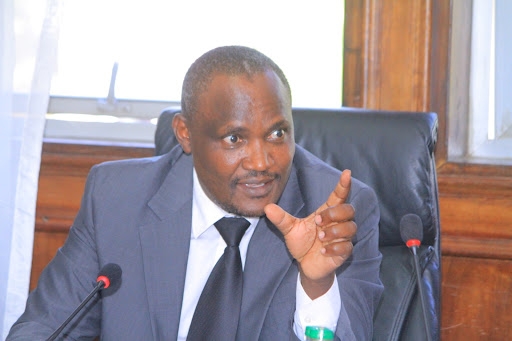


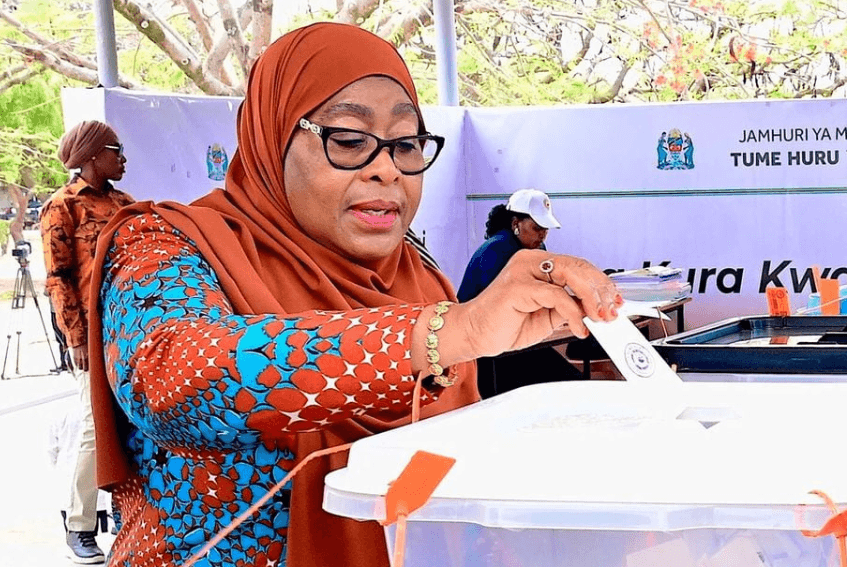
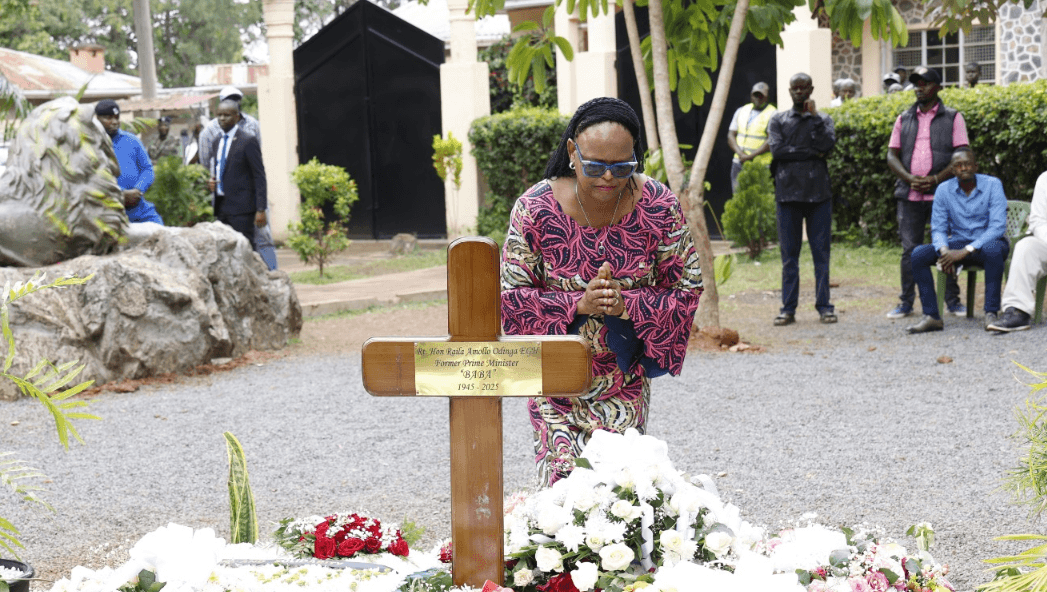
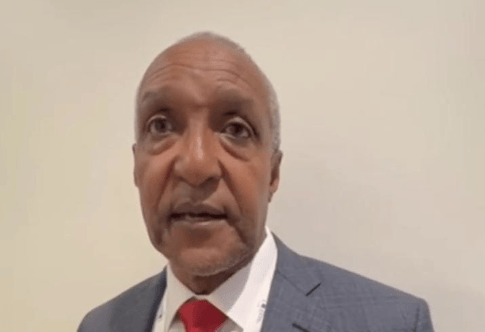

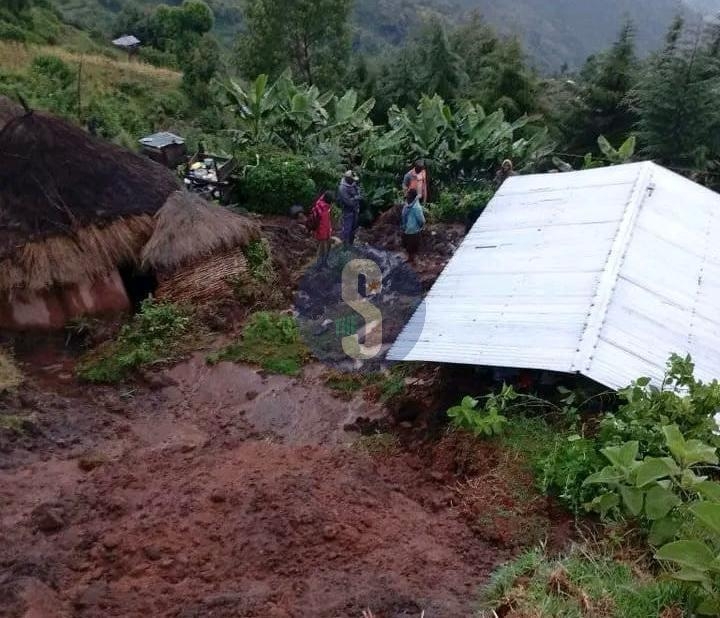
![[PHOTOS] Elgeyo Marakwet landslide victims arrive in Eldoret for care](/_next/image?url=https%3A%2F%2Fcdn.radioafrica.digital%2Fimage%2F2025%2F11%2F425460d9-7ff1-4975-8a1f-cd0aaefb7812.jpg&w=3840&q=100)

